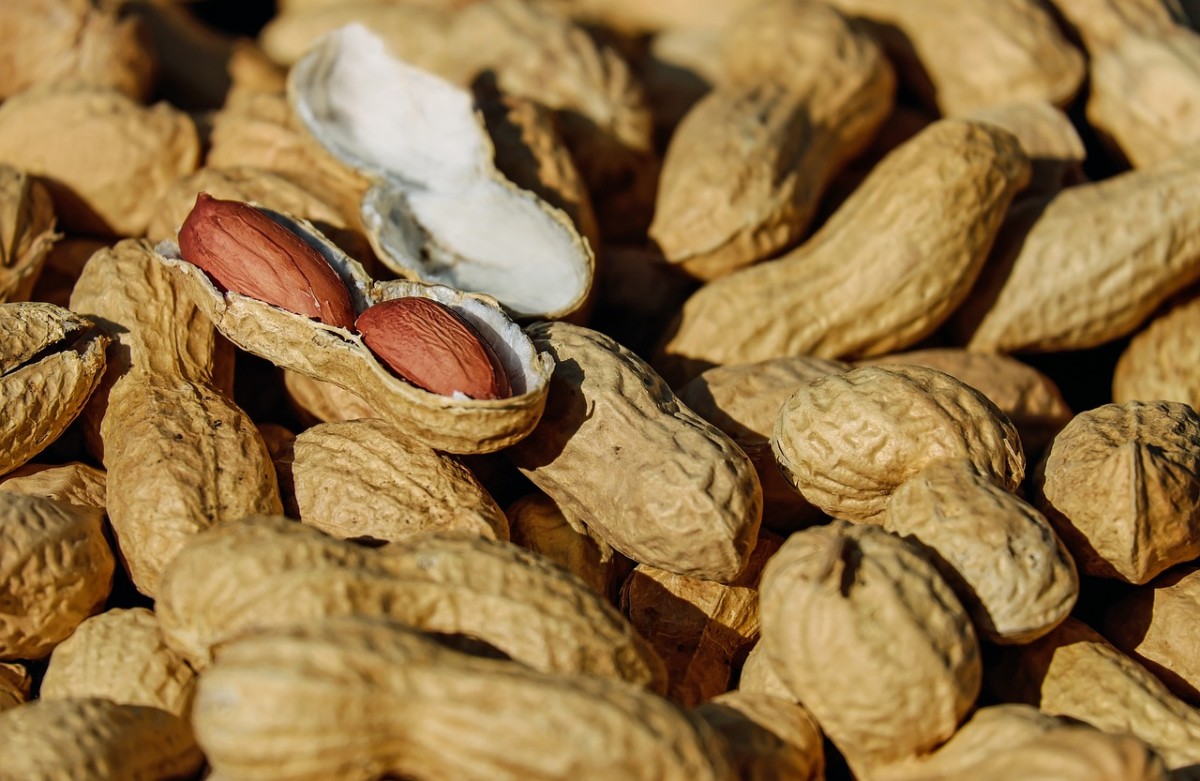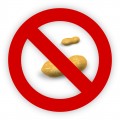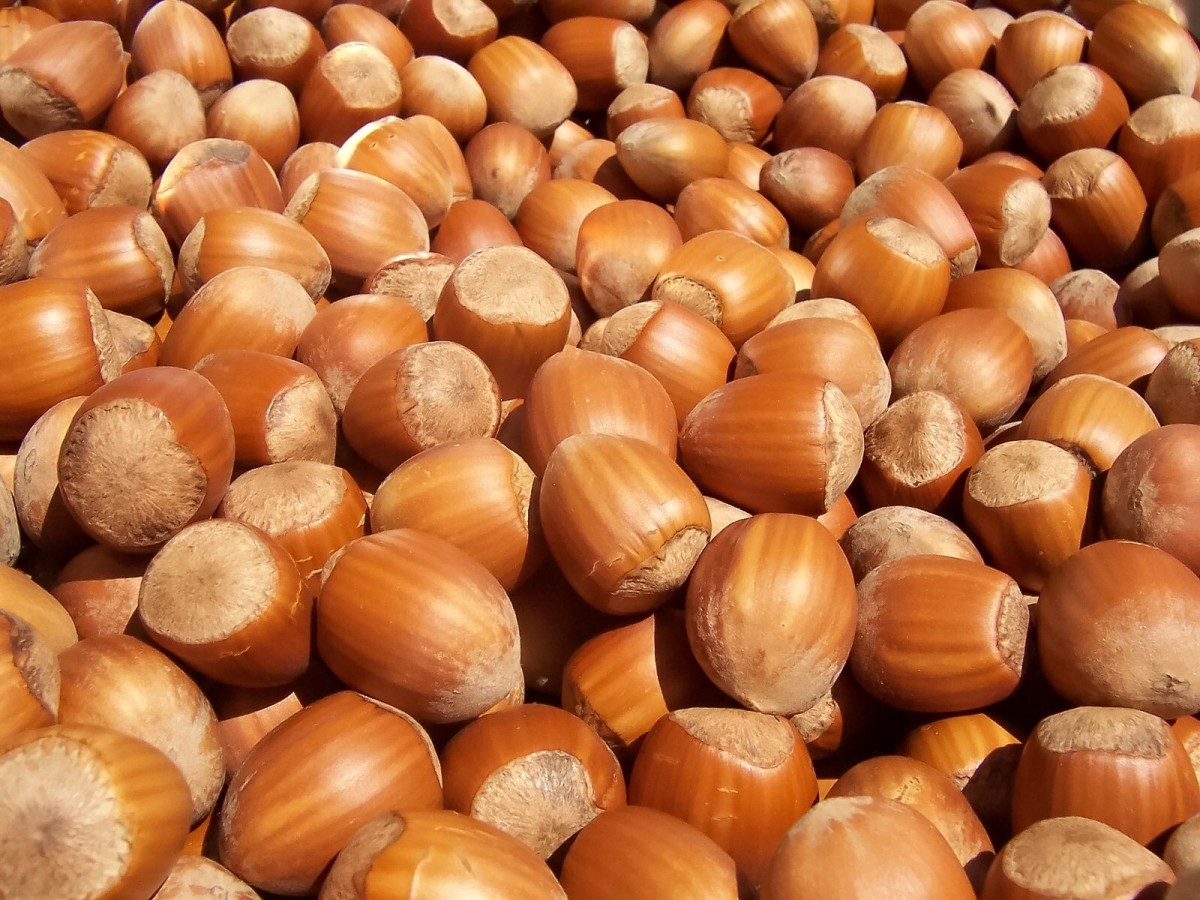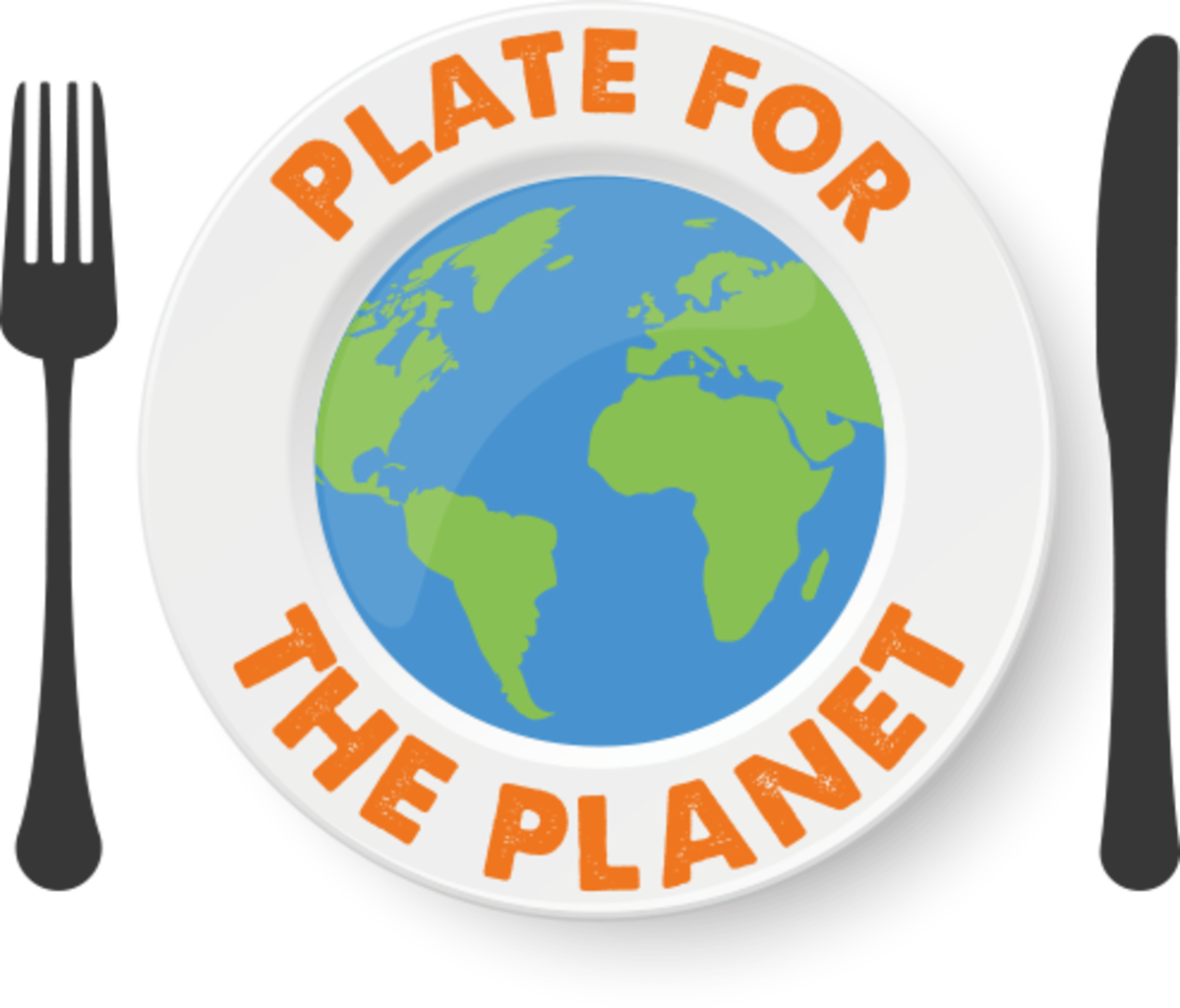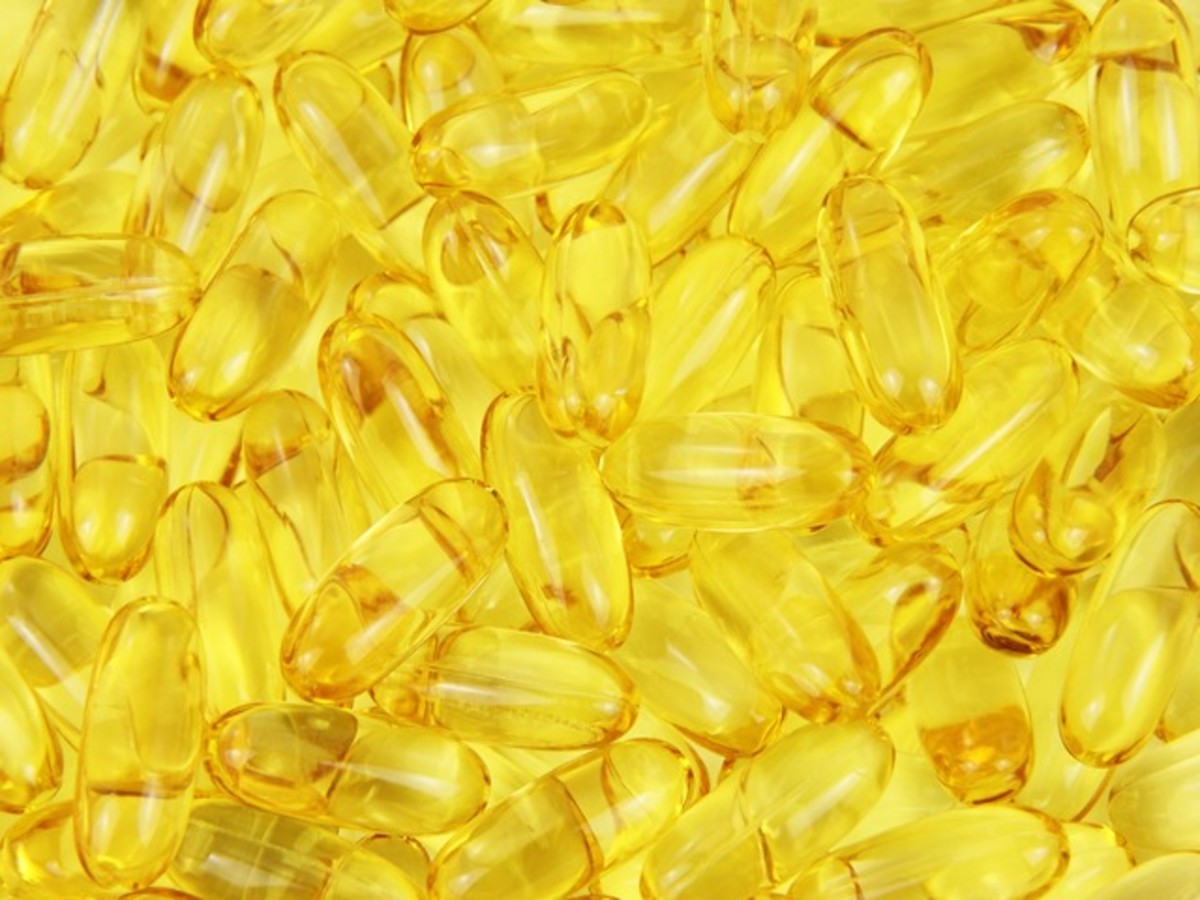The Food Allergy Epidemic And How We Can Avoid It - Groundbreaking Information (Part III)
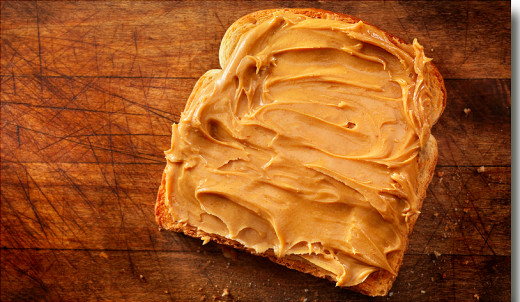
The information you are about to read can literally save a loved one's life.
If you think the content in this post doesn't relate to you, you are dead wrong. This post is meant for anyone who knows a future parent no matter how old that future parent may be, at this time. It is meant for you, your children, nieces, nephews, grandchildren, friends and friends of a friend.
Everyone will benefit from this ground breaking information. You may be saving the life of a loved one by passing this information on.

What Are Some Mothers Panicking About?
Why is it that epi-pens are being sold in record numbers and some moms won't let so much as a peanut-coated finger-tip into their homes?
Heather Fraser, author of The Peanut Allergy Epidemic says:
"The peanut allergy epidemic in children was precipitated by childhood injections." - The Peanut Allergy Epidemic - page 106
What is an Epidemic?
An epidemic: Spreading rapidly and extensively by infection and affecting many individuals in an area or a population at the same time.
In the past five years alone the incidence of peanut allergies in the U.S. has doubled from 6 million to 11 million. I'd say that constitutes and epidemic, wouldn't you?
As a side note, vaccinations are associated with ADHD, asthma, learning disabilities, and autism, which has increased to epidemic proportions as well.
My first post about allergies, The Food Allergy Epidemic And How We Can Avoid It: My Personal Story, tells of my son Walter's birth and the consequences of severe peanut allergy which was manifested by my decisions during his birthing process.
My subsequent post, The Food Allergy Epidemic: Raising an Allergic Child, tells of Walter's and my discovery of his food allergies. Mistakes were made that nearly cost Walter his life. Luckily, I was able to learn from my mistakes, and I hope that others will learn from them, too.
This post before you picks up immediately after birth Walter's birth. Why am I stepping backward a bit? Because even before your baby even leaves the hospital, important decisions need to be made that may change your baby's life, and your life, forever.
I have researched the topic of food allergies and vaccines for a long time. The information in this post comes from many trusted sources, my main source being Heather Fraser's book The Peanut Allergy Epidemic (see a link to the book somewhere on this page).
Heather, a mother who's child has fatal peanut allergy, has researched the topic of peanut allergy and has come to a startling discovery: Peanut oil is hidden in vaccines, and it is these vaccines that have triggered a peanut allergy epidemic.
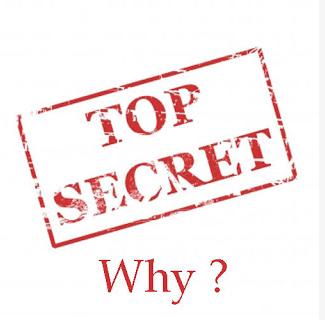
Peanut Oil In Vaccines?
You may already know vaccines contain such ingredients as aluminum, antibiotics, formaldehyde, monosodium glutamate (MSG), Thimerasal (a mercury containing preservative), chick embryo, human diploid cells (from aborted fetal tissue), washed sheep red blood cells, calf skins, monkey kidney cells, mouse serum proteins, calf serum, antifreeze, and other surprises.
The above information is not hard to find; the Center for Disease Control and Prevention (CDC) freely admits to these ingredients.
But did you know that many vaccines have unlabeled peanut oil in their ingredients?
You will not find peanut oil listed on the vaccines ingredient insert, nor on the CDC website, even though it is an ingredient in many vaccines.
It's a safe bet your child's pediatrician doesn't even know this fact.
Why?
Peanut oil is a secret ingredient, a "trade secret." This means it's proprietary and they don't have to tell you about it.
The Case of Baby Alan
In 2010, it became part of the public record that peanut oil was an unlabeled ingredient in vaccines.
This fact was discovered by Dr. Buttram, an expert witness to the parents of Baby Alan Yurko .
Alan was brought to hospital by his parents where hospital staff discovered hemorrhages in the baby's brain consistent with "shaken baby syndrome." Suspecting abuse, staff contacted social services, and Alan was taken from his parents.
Dr. Buttram's examination concluded that peanut oil was an ingredient in vaccine adjuvants*, but not listed on the vaccine paper inserts.
[*Immunologic adjuvants are added to vaccines to stimulate the immune system's response to the target antigen.]
During the Yurko trial, Dr. Buttram disclosed that infant vaccines administered to the child contained aluminum and unlabeled peanut oil. Buttram concluded the infant had a subdural hemorrhage immediately after vaccination, which was mis-diagnosed as "shaken baby syndrome.

How and Why Are Peanuts in Vaccines?
Bacteria and viruses need to be fed in order to grow. Peanut meal is often used to culture virus and bacteria for vaccines. Bacteria like to chow down on peanuts along with just about any food you give them. Who knows what other mystery foods are lurking in vaccines.
Peanut oil mixed with aluminum monosterate acts as an emulsion agent and is added to the adjuvant. The body needs to metabolize the peanut oil, thus slowing down the process. Peanut oil also acts as a preservative, greatly extending the life of the vaccine.
When making vaccines, manufacturers may use any number of food oils mixed together and added to the adjuvant. Peanut is on the top of the list. Peanut oil is effective and it's cheap.
Below is a list of some, but not all oils and foods, used in vaccines.
These food oils when injected into an infant or child's blood stream have the potential to become a fatal food allergy.
This explains not only peanut allergy but egg, mustard, milk, nut, seafood, soy and other food allergies, too.

almond oil
chicken fat oil
castor oil
corn oil
fish oils
hazelnut oil
linseed oil
mustard seed oil
peanut oil
sesame oil
shark liver oil
soybean oil
walnut oil
groundnut oil
lupin oil
Milk
eggs
How Long Has Peanut Oil And Peanut Meal Been In Vaccines?
Peanut oil was discovered in the mid 40's that mixing penicillin with beeswax and peanut oil extended the penicillin's efficacy from a mere 3 hours to 26 hours. The beeswax was eventually replaced with aluminum monsterate. This was such a successful drug that it was administered to approximately 37 million Americans by 1957.
Because peanut oil is inexpensive and effective it increased in popularity and has become one of the more popular oils used in vaccines.
When Did Peanut Allergy First Start?
Peanut allergy did not rear its ugly head in the 1950's but the percentage of incidence was so low it was not recognized as a problem.
Peanut allergy did not really become a problem until the 1980's, and did not reach epidemic proportions until the 1990's.
Since the use of peanut oil started with penicillin in the mid 40's why did peanut allergy not become a threat until the 1980s and 1990s?

What has changed?
Peanut allergy started to become a threat when the mandatory vaccine schedule changed for infants and children.
In the late 80's the first Bush administration ramped up the level of Haemophilus influenzae type B vaccine (Hib B). This vaccine, intended for adults only, was now combined with up to 5 vaccines in a single shot and given to infants up to 18 months of age; the first dose just hours after birth.
Mandated vaccines doubled from the 1980s to the 1990ss. Presently, we have 68 vaccines being administered to children under 6. That's a lot of vaccines.

The Isle of Wight cohort studies showed that peanut allergy doubled in all children born on the Isle of Wight between January 1989 and February 1990.
What do vaccines do, exactly?
Vaccines spur an immunity response from the body. The body treats the vaccine and anything in the vaccine as an enemy. This backs up the hypothesis that trace foods such as peanuts, eggs, etc would also be seen as an enemy and thus a food allergy is created.
Newborn's are high risk for allergic sensitization because their immune system's are just developing. Vaccinating creates much potential for inducing allergies and asthma later in life.

I Can't Help but Wonder. . .
Why is it that all the good baby books advise parents not to give their baby allergenic foods such as peanuts the first year of life but it's okay to stick infants and children with approximately 36, peanut oil containing vaccines before they are 6 months of age?
Doesn't injecting peanut oil even in trace amounts raise red flags?
Logically, it makes sense that if peanuts in any form should not to be fed to children under one year of age, and it certainly shouldn't be injected straight into their blood stream, right?
It just doesn't add up.
Could the reason peanut oil is so hush-hush and protected as a manufacturer's "Trade Secret" be because it is wrong, wrong, wrong? Could it be that the pharmaceutical companies greed is just too big? After all, one vaccine produces 1 billion dollars in income.
Important Research that has been Ignored
Researchers such as Claude Von Pirquet and Dr. Chalres Richet, who coined the term anaphylaxis, found that one could not develop an allergy to peanuts or other foods just by eating them.
People have been eating peanuts for centuries without having to worry about peanut allergy.
According to these researchers, only injecting foods like peanut directly into the blood steam could cause a sensitivity to the food which may develop into food allergies.
When a child eats a peanut for the first time, it is not really their initial exposure; if they have been vaccinated, it is actually, and unknowingly, their second exposure.
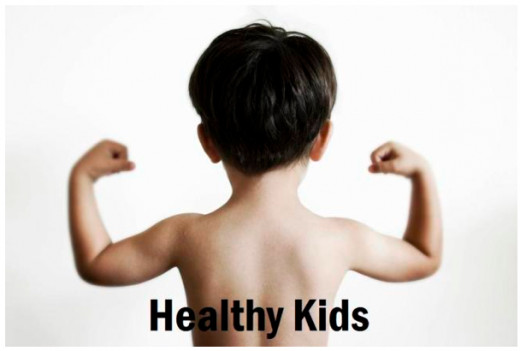
The Difference Between Immunity and Vaccination Immunity
Children's first line of defense: their throat, nose, eyes, mouth, skin and intestines are lined with mucous membranes that produce natural barriers.
When a virus is introduced into the system in the course of everyday life, the immune system receives information from the mucus linings and then proceeds to send out signals to other parts of the body thus creating an immune response. This immune response consists of a memory and antibodies that promote long-term immunity.
When a virus is introduced by vaccinating, this first line of defense is bypassed. The immune system has no reason to be activated and that means there are only antibodies produced but not the memory needed for long term immunity.
If your doctor believes in vaccines and you don't, your doctor is not intentionally keeping information from you. Doctors are taught to believe in vaccines and have no reason to disbelieve.
Many people who are pro-vaccine offer these benefits of vaccines: vaccines wiped out or protect against diseases like polio, small pox, tetanus, pertussis, measles, influenza, scarlet fever and tuberculoses.
According to the Pediatric Journal: Infectious diseases were dramatically reduced before vaccinations were even available, before WWII.
Many diseases were wiped out due to cleaner water, cleaner living conditions, better nutrition and sanitation.
Often, diseases return even after vaccination. An example of this is the whopping cough outbreak. This year alone whopping cough affected approximately 500 people. How is it that vaccinated individuals still get whooping cough? That's because vaccines only produce antibodies. When there is no immunological memory, there cannot be long term immunity.
Uncleanliness and poor nutrition is why there are still outbreaks of disease in third world countries despite vaccinations.
Instead of the U.S. supplying vaccinations for underdeveloped countries, how about supplying clean water and nourishing foods?

Interesting Facts:
Sesame oil, which is used in vaccines instead of peanut oil in Israel, is the major food allergen there. Peanut allergy is pretty much non-existent even though peanut butter is one of Israelis favorite foods.
Vaccination of animals are causing peanut allergic pets. That ought to be a big enough clue.
Statistically, with every new mandate for childhood immunizations the peanut allergy epidemic has increased.
Latex Allergy: Since there is a presence of latex due to syringe tip caps, stoppers and plungers, some researchers believe that this predisposes children and adults to latex allergy. According to Vactruth's website infants are being injected with 20 to 30 vaccines which contain latex before their sixth birthday.
Allergies to tropical fruits like avocado, banana, chestnut, kiwi, papaya, peach, or nectarine has increased. Tropical fruits are believed to be connected to vaccines and latex, since latex has cross-reacting antigens with some tropical fruits.

Other Food Allergy Theories
Peanut Allergy May Be Triggered By Breastfeeding
When I discovered Walter had peanut allergies I was told since I occasionally ate peanuts during the time I was breast feeding Walter I sensitized him to peanuts through my breast milk.
Why didn't I know this fact?
Did other mother's know this? How did I miss such important information?
I actually felt ashamed of myself. I blamed myself for Walter's allergies.
But wait---mothers have been nursing their babies for centuries and eating peanut butter at the same time without causing a peanut allergy epidemic.
I know better than that, now, and I think maybe you do, too.
Children are predisposed to peanut through vaccines first, peanuts in breast milk even in trace amounts can cause further sensitization if your child has been vaccinated only.
If your child has been vaccinated or you have had a c-section, it's definitely a good idea not to eat peanuts or other highly allergic foods like soy, milk, seafood, nuts, etc. while nursing to avoid further sensitization. But by all means nurse especially if you have had a c-section and have vaccinated. Breast milk has disease-fighting substances and is jam-packed with vitamins and nutrients your baby needs.

Hygiene Hypothesis
The Hygiene hypothesis brings attention to the fact that underdeveloped countries have less food allergies than developed countries. The hypothesis is that underdeveloped countries are exposed to dirt and bacteria, which protects them from allergies.
It has been explained by some that if our homes are too clean then our immune systems may get bored, if you can believe that.
"Hmm…. I have nothing to do, no bacteria to attack, so since I don't like peanuts or milk I'll attack them, instead."
I have a hard time taking this theory seriously. We have been cleaning our homes for a long time, way before peanut allergies came into existence.
Far from offering no resistance to our immune systems, our so-called clean homes attack our immune system more than ever before, partly due to toxins emitted from our cleaning products and the materials our furniture, carpets, homes are made from. (read my As We Live And Breathe - A Tale of Toxins).
Let's give the hypothesizers the benefit of the doubt. Say the the hygiene theory is correct.
Doesn't it then make even more sense to stop vaccinating our children?
If it's unnatural to have clean homes and less bacteria for our immune systems to fight off, isn't it just as unnatural (in fact, more unnatural) to not have childhood diseases like l measles, mumps and chickenpox for our immune system to knock around?

Processed Food Theory
Robyn O'Brien, a typical mom like myself, quickly became a food activist when she realized what her family, along with a good portion of the rest of the world, was unknowingly eating.
She noticed the sudden increase of food allergies in the 90's and chalked it up to food preservatives, food colorings, additives, and GMOs, among other toxic substances.
For instance, rBGH (a genetically modified hormone) and Bt toxin showed up in maternal and fetal blood samples.
I do believe that GMOs, preservatives and toxic substances in our processed foods is a contributor to food allergies and that they are down right bad for our overall health.
I commend her efforts in making a difference.
In Conclusion
Now that you have information you may not have had before reading this article, what will you do about it?
It all boils down to making the right choices during the birthing process and not vaccinating, at least not vaccinating with vaccines containing dangerous additives.
What can you do to help?
Inform yourself further by buying Heather Fraser's book, The Peanut Allergy Epidemic. Share her book and this post, and get the word out.
Save lives.

I also recommend you read: Food Allergies Testing For Anger Management In Children
Here are some more of my Hubs, I hope you will enjoy:
The Food Allergy Epidemic And How We Can Avoid It: My Personal Story
The Food Allergy Epidemic: Raising A Food Allergic Child (Part II)
Have We Finally Found The Fountain Of Youth?
Ms. Immortal - Whole Food Vs. Synthetic Vitamins
Who's Afraid of the Flu? - Not Vitamin D
Who's Afraid of the Flu? - Not Vitamin D (Part 2)
As We Live And Breathe - A Tale Of Toxins
It Was The Day After Christmas - A Poem: by Alexander Fidelibus (my father)


